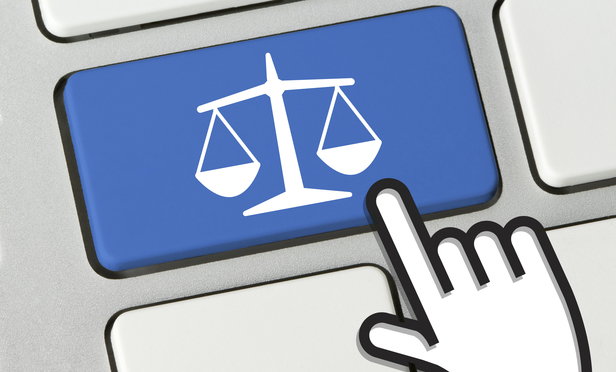The days are gone when all that attorneys needed to practice law was a typewriter and a telephone. As soon as an attorney breathes a sigh of relief for learning what “TIFF” and “ESI” stand for (that’s “tagged image file format” and “electronically stored information,” by the way), the legal landscape shifts as the technology changes yet again. While technology is constantly evolving, attorneys’ ethical duties to provide competent representation and preserve confidentiality remain the same. From initial intake through litigation, technical competence is required.
Tech Competence as an Ethical Requirement
In 2012, the ABA modernized several of its Model Rules of Professional Conduct to account for changes in technology, starting with Model Rule 1.1 – Competence. The ABA amended the Comments to Model Rule 1.1 to state that a lawyer “should keep abreast of changes in the law and its practice, including the benefits and risks associated with relevant technology.” Comment 8 to ABA Model Rule 1.1.
This content has been archived. It is available through our partners, LexisNexis® and Bloomberg Law.
To view this content, please continue to their sites.
Not a Lexis Subscriber?
Subscribe Now
Not a Bloomberg Law Subscriber?
Subscribe Now
LexisNexis® and Bloomberg Law are third party online distributors of the broad collection of current and archived versions of ALM's legal news publications. LexisNexis® and Bloomberg Law customers are able to access and use ALM's content, including content from the National Law Journal, The American Lawyer, Legaltech News, The New York Law Journal, and Corporate Counsel, as well as other sources of legal information.
For questions call 1-877-256-2472 or contact us at [email protected]






